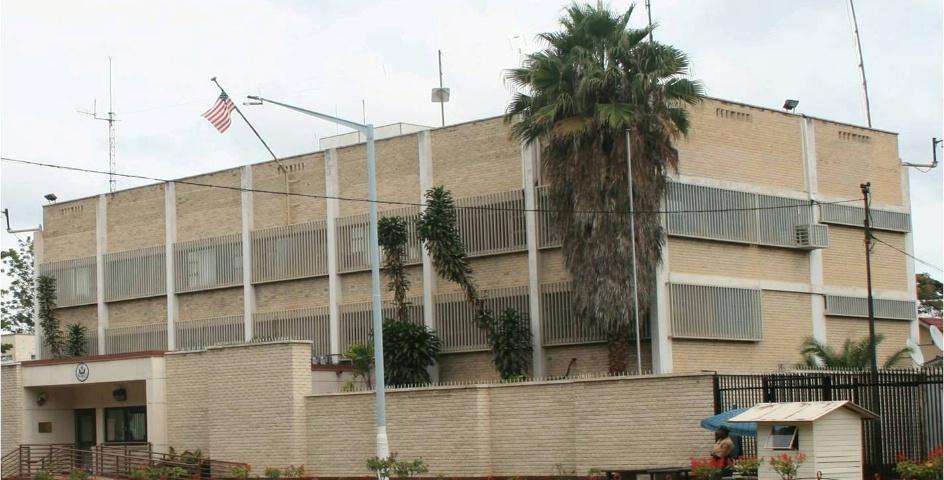While some progressive voices have called for the removal of sanctions, some among us opposed to President Emmerson Mnangagwa’s administration have continued to campaign for the sanctions regime, they have done so for the wrong reasons.
To that effect, less attention has been given to the facts around the effects and implications of the continued stay of the sanctions, hence ordinary citizens have suffered the consequences without reprieve.
It is ironic that on Tuesday, the US Embassy in Harare, through its Twitter handle, claimed that it would stand with Zimbabwe on the path to economic revival.
This is despite the fact that, just recently, it extended the sanctions term by another 1 year.
The US further boasted that it had contributed over US$3 billion in aid towards improving health, food security, economic resilience and democratic governance in the country.
However, a research commissioned by self-exiled former Minister of Higher and Tertiary Education, Professor Jonathan Moyo, noted an estimated US$42 billion prejudice to the country as a result of sanctions.
Local companies under sanctions including the Agriculture Bank (AGRIBANK), Zimbabwe Mining Development Cooperation (ZMDC), Minerals Marketing Cooperation of Zimbabwe (MMCZ) and the Infrastructure Development Bank of Zimbabwe (IDBZ), among others, can bear testimony to the setbacks incurred due to sanctions.
Evidently, the named above companies are drawn from different strategic and productive sectors of the country’s economy making the sanctions effects far reaching to every Zimbabwean.
For instance increased support for local farmers through AgriBank would boost capacity utilisation and agricultural production in the country.
Unfettered operations at ZMDC and MMCZ would result in the realisation of maximum benefits for the country across value chains in the mining industry.
Suffice to say any form of sanctions against these companies would have a bearing on the lives of the ordinary citizens, directly or indirectly.
Contrary to claims that the sanctions are targeted, personalities on the sanctions list apparently have better lifestyles than the hurting ordinary citizens.
It can be observed that since President Mnangagwa assumed leadership of the country, high profile regional voices, including Heads of States of other African countries, began joining calls for the lifting of sanctions imposed on Zimbabwe.
Surprisingly, back home, some big names and entities, that claim to be patriotic and true to the national cause, have publicly implored countries such as the US to either maintain or pronounce more sanctions on their own mother country.
It cannot be disputed that such entities and personalities do not prioritise national, but personal interests. They view sanctions as a means to an end, aiding the realisation of their ultimate political goals.
The MDC Alliance tops the list of such organs.
It may be recalled that late last year the US Deputy Assistant Secretary of State, Matthew Harrington, demanded the dropping of charges against MDC Alliance principal, Tendai Biti, who then was accused of inciting post-electoral violence.
Harrington indicated that failure to drop charges against Biti would result in the US pronouncing more sanctions on Zimbabwe.
Harrington’s remarks did not only undermine the rule of law, but the core values and principles of democracy which the US purports to stand for and champion.
Lest the nation forgets, before the 2018 harmonised polls, the MDC Alliance vowed that it would strive to make the country ungovernable if it lost the elections as it were.
Technically, what this meant was that the MDC Alliance would support any idea that would or had the potential to portray the ZANU PF led Government in bad light.
Ultimately, the motive is to deceive the electorate into thinking that President Mnangagwa’s administration has failed to revive the country’s economy, while presenting itself as the alternative political outfit that can move the country forward.
It’s unfortunate that the US has failed to capitalize on the new environment that was ushered in by the new dispensation to mend relations with Zimbabwe and explore investment opportunities in various sectors of the economy.




